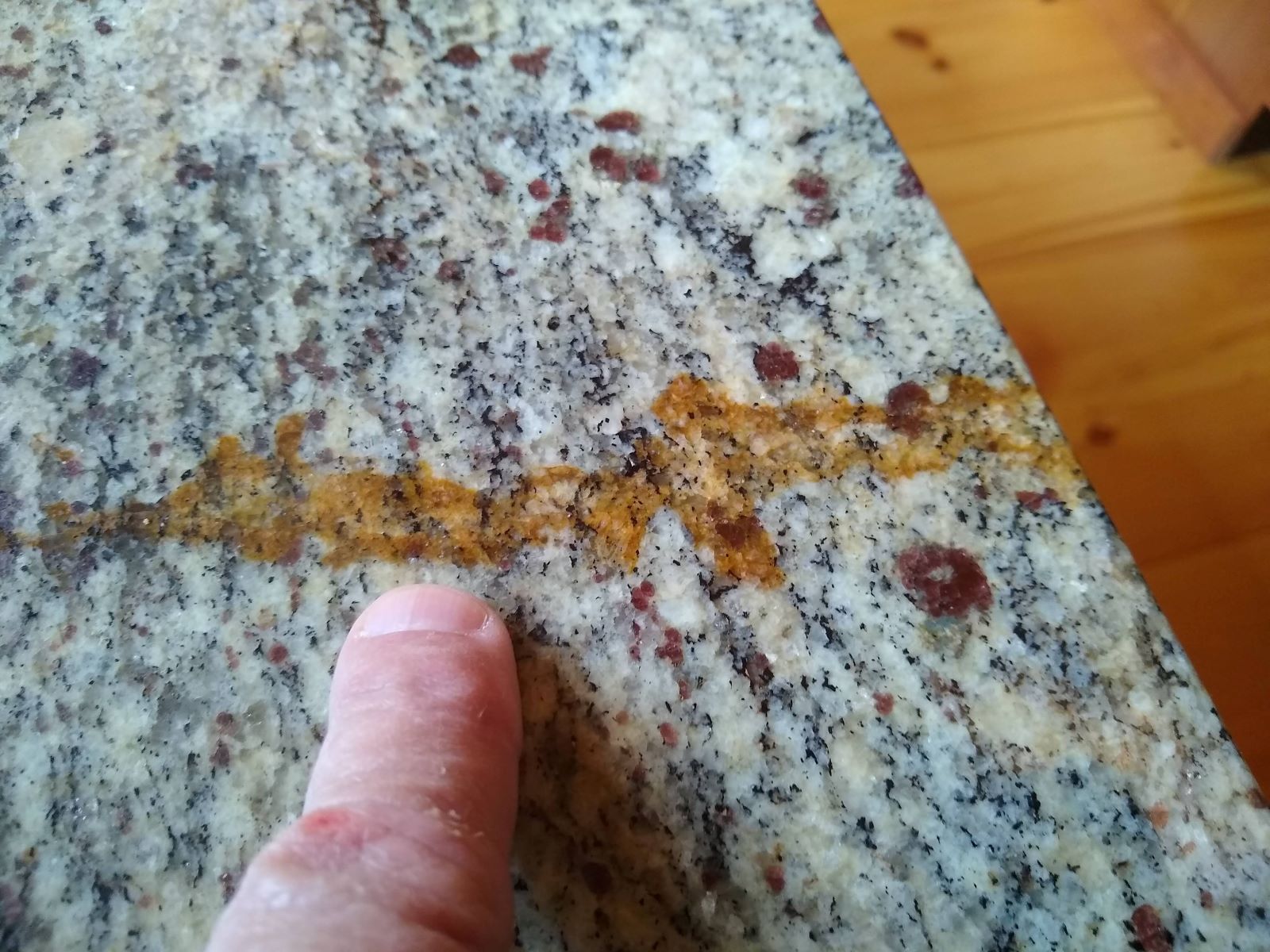

Articles
How To Get Rust Off Countertops
Modified: August 28, 2024
Learn how to remove rust from your countertops with our informative articles. Find effective solutions and regain the beauty of your kitchen surfaces.
(Many of the links in this article redirect to a specific reviewed product. Your purchase of these products through affiliate links helps to generate commission for Storables.com, at no extra cost. Learn more)
Introduction
Welcome to our comprehensive guide on how to get rust off countertops. Rust can be a frustrating and unsightly problem, but fear not – we’re here to help you tackle it head-on. Whether you have a stainless steel, marble, granite, or any other type of countertop, rust can still find its way onto the surface. In this article, we will explore the causes of rust on countertops, various cleaning methods to remove it, natural remedies for rust removal, the use of commercial rust removers, and preventive measures to keep rust at bay.
Rust is the result of a chemical reaction known as oxidation that occurs when iron or steel comes into contact with moisture and oxygen. Countertops are often exposed to water, spilled liquids, and other sources of moisture, making them susceptible to rust formation. Additionally, the presence of iron particles or residue from metal objects can also contribute to the development of rust.
The appearance of rust on your countertops not only affects their aesthetic appeal but can also compromise their structural integrity. Ignoring rust can lead to further damage, such as pitting or staining, making it crucial to address the issue as soon as possible.
In the following sections, we will walk you through different cleaning methods, natural remedies, and commercial products that can effectively remove rust stains from your countertops. We will also provide valuable tips on how to prevent rust from forming in the first place.
So, if you’re ready to say goodbye to those pesky rust stains and restore the beauty of your countertops, let’s dive right in!
Key Takeaways:
- Rust on countertops is a common issue caused by oxidation, but can be effectively removed using natural remedies like vinegar and salt, lemon juice, or baking soda paste, before resorting to commercial rust removers.
- Preventing rust on countertops is crucial. Using sealants, wiping up spills promptly, and avoiding direct contact with metal objects can significantly reduce the likelihood of rust stains, ensuring long-lasting countertop beauty.
Read more: How To Get Rust Off Patio
Understanding Rust on Countertops
Before we delve into the various methods of removing rust from countertops, it’s essential to understand why rust forms and the factors that contribute to its development.
Rust is a form of corrosion that occurs when iron or steel reacts with oxygen and moisture. Countertops made from these materials are susceptible to rust if not properly protected or maintained. The presence of water or high humidity levels can accelerate the rusting process, leading to the formation of unsightly stains on the surface of your countertops.
It’s important to note that not all countertops are equally prone to rust. Stainless steel countertops, for example, are less likely to rust due to their chromium content, which forms a protective layer that prevents oxidation. However, if the stainless steel is damaged or exposed to corrosive substances, rust can still occur.
Granite and marble countertops, on the other hand, are not entirely immune to rust. While the stone itself does not rust, the metal accessories or fixtures installed on or around the countertop can leave rust stains if not properly maintained. The presence of iron particles in the water supply or from cooking utensils can also contribute to rust formation on these surfaces.
It’s worth mentioning that rust stains can be challenging to remove once they have settled onto the countertop surface. Therefore, it’s best to tackle the issue as soon as you notice any signs of rust, such as reddish-brown stains or rough patches on the countertop.
Now that we have a better understanding of why rust forms on countertops, let’s explore the different methods and remedies you can use to effectively remove those stubborn rust stains. Remember, prevention is always better than cure, so we’ll also provide tips on how to keep your countertops rust-free in the future.
Common Cleaning Methods
When it comes to removing rust from countertops, there are a few common cleaning methods that you can try before moving on to more specialized remedies. These methods can be effective for light rust stains and are relatively easy to implement.
1. Baking Soda Paste: Create a paste by mixing baking soda with water until it forms a thick consistency. Apply the paste to the rust stain and gently scrub the area using a soft cloth or sponge. Rinse with clean water and dry the countertop thoroughly. Baking soda is mildly abrasive and can help lift off the rust without damaging the countertop surface.
2. White Vinegar Solution: Soak a cloth or sponge in white vinegar and place it directly on the rust stain. Let it sit for a few minutes to soften the rust. Then, scrub the area with the soaked cloth or sponge. Rinse with water and dry the countertop.
3. Lemon Juice: Lemon juice contains citric acid, which is effective in removing rust stains. Squeeze fresh lemon juice onto the rust stain and let it sit for several minutes. Scrub the area gently with a soft cloth or sponge, then rinse and dry the countertop.
4. Salt and Lime Juice: Create a mixture by combining salt and lime or lemon juice to form a paste-like consistency. Apply the mixture to the rust stain and scrub gently with a cloth or sponge. Rinse the countertop with water and dry it thoroughly.
5. Dish Soap and Warm Water: For mild cases of rust, a solution of warm water and mild dish soap can be effective. Mix a few drops of dish soap with warm water and apply it to the rust stain. Scrub the area gently with a cloth or sponge, then rinse and dry the countertop.
These common cleaning methods can help remove light rust stains from your countertops. However, for more stubborn and persistent rust, you may need to explore alternative remedies and commercial rust removers, which we will discuss in the following sections.
Natural Remedies to Remove Rust
If you prefer to use natural ingredients to remove rust from your countertops, there are several effective remedies you can try. These remedies are environmentally friendly, non-toxic, and often readily available in your kitchen or pantry.
1. Vinegar and Salt: Create a paste by mixing equal parts vinegar and salt. Apply the paste to the rust stain and let it sit for a couple of hours. Scrub the area gently with a soft cloth or sponge. Rinse the countertop with water and dry thoroughly.
2. Lemon and Salt: Squeeze fresh lemon juice onto the rust stain and sprinkle salt over the juice. Let it sit for a few hours or overnight. Scrub the area with a cloth or sponge, then rinse and dry.
3. Potato and Dish Soap: Cut a potato in half and dip the cut side into dish soap. Rub the potato onto the rust stain, applying moderate pressure. The oxalic acid in the potato combined with the dish soap can help lift off the rust. Rinse and dry the countertop.
4. Baking Soda and Hydrogen Peroxide: Create a paste by mixing baking soda and hydrogen peroxide to form a consistent texture. Apply the paste to the rust stain and let it sit for a couple of hours. Scrub the area gently using a soft cloth or sponge. Rinse and dry the countertop.
5. Onion and Salt: Cut an onion in half and sprinkle salt over the cut surface. Rub the onion onto the rust stain, applying moderate pressure. The acidity of the onion combined with the abrasive salt can help remove the rust stains. Rinse and dry the countertop thoroughly.
Remember to test these natural remedies on a small, inconspicuous area of your countertop before applying them to the entire stain. This will help ensure that there are no adverse effects on the surface or finish of the countertop. If the rust stain persists or if you’re dealing with a more stubborn stain, you may need to explore the use of commercial rust removers, which we will cover in the next section.
To remove rust from countertops, make a paste of baking soda and water, apply it to the rust, and let it sit for a few hours. Then, scrub with a sponge or brush and rinse thoroughly. Repeat if necessary.
Using Commercial Rust Removers
If natural remedies and common cleaning methods have not been successful in removing the rust stains from your countertops, it may be time to turn to commercial rust removers. These products are specifically formulated to dissolve and remove rust, making them highly effective for more severe cases.
Before using any commercial rust remover, it is important to follow the instructions provided by the manufacturer. Here are a few popular commercial rust removers that you can consider:
1. CLR Calcium, Lime, and Rust Remover: CLR is a powerful rust remover that can effectively tackle stubborn rust stains on a variety of surfaces. Apply the product directly to the rust stain, let it sit for a few minutes, and then scrub the area with a brush or sponge. Rinse the countertop thoroughly with water afterward.
2. Bar Keepers Friend: Bar Keepers Friend is a versatile cleaning product that can remove rust stains from countertops, as well as other surfaces. Apply the product to the rust stain, scrub gently with a sponge or cloth, and rinse with water. Bar Keepers Friend is known for its effectiveness in removing tough rust stains without damaging the countertop surface.
3. Naval Jelly: Naval Jelly is a rust dissolver that works by converting rust into a water-soluble compound that can be easily washed away. Apply the product to the rust stain and let it sit for the recommended time. Scrub the area gently with a brush or sponge, rinse thoroughly, and dry the countertop completely.
4. Rust-Oleum Rust Remover Soak: This product is specifically designed to remove rust from metal surfaces, but it can also be used on countertops. Soak the affected area with the rust remover for the recommended time, scrub gently, rinse with water, and dry the countertop thoroughly.
When using commercial rust removers, ensure that the area is well-ventilated and use gloves to protect your hands. Be cautious and avoid contact with your eyes or ingestion of the product. Follow the instructions provided by the manufacturer for best results.
It’s important to note that some commercial rust removers contain harsh chemicals that may damage certain countertop materials, so always perform a spot test on an inconspicuous area before applying the product to the entire stain.
With the use of these commercial rust removers, you can effectively remove stubborn rust stains and restore the original beauty of your countertops.
Read more: How To Get Rust Off Bar Stools
Preventing Rust on Countertops
Preventing rust on countertops is always better than dealing with the hassle of removing it later. By taking some proactive measures, you can significantly reduce the chances of rust formation and keep your countertops looking pristine. Here are some preventive measures you can implement:
1. Protect with Sealants: If you have a countertop made of porous materials like granite or marble, it’s essential to protect the surface with a high-quality sealant. Sealants create a barrier that prevents moisture from seeping into the countertop, reducing the risk of rust formation. Follow the manufacturer’s instructions to properly apply and maintain the sealant on your countertop.
2. Wipe up Spills Promptly: Avoid leaving spills or standing water on your countertops for an extended period. Moisture is a key catalyst for rust formation, so it’s crucial to wipe up any spills promptly with a clean, dry cloth or paper towel. This simple habit can go a long way in preventing rust stains.
3. Use Coasters and Trivets: Placing coasters under glasses, mugs, or other beverages and using trivets or hot pads under hot cookware can help protect your countertops from rust-causing elements. Coasters and trivets provide a barrier between the metal objects and the countertop surface, reducing the risk of rust stains or scratches.
4. Avoid Metal Objects on the Countertop: Minimize direct contact between metal objects and the countertop surface by using cutting boards, mats, or trays. This precaution prevents the transfer of iron particles or residue from metal objects onto the countertop, reducing the chances of rust formation.
5. Regular Cleaning and Maintenance: Routinely clean your countertops using mild dish soap and warm water. This removes any dirt or debris that could potentially contribute to rust formation. Additionally, inspect your countertops regularly for any signs of corrosion or damage. Addressing these issues promptly can help prevent rust from spreading and causing further damage.
6. Control Humidity Levels: High humidity can accelerate the rusting process. Keeping your kitchen well-ventilated or using a dehumidifier can help control the humidity levels and minimize the conditions favorable for rust formation.
By incorporating these preventive measures into your countertop care routine, you can protect your surfaces from rust and maintain their beauty for years to come.
Conclusion
Dealing with rust stains on countertops can be a frustrating experience, but with the right knowledge and techniques, you can successfully remove and prevent rust from tarnishing the beauty of your surfaces. Whether you opt for common cleaning methods, natural remedies, or commercial rust removers, each approach has its own benefits and effectiveness depending on the severity of the rust stain.
Remember to always test any cleaning or rust removal method on a small, inconspicuous area of your countertop before applying it to the entire stain. This ensures that there are no adverse effects on the countertop surface or finish. Additionally, it is essential to follow manufacturer instructions for commercial rust removers and exercise caution when using these products.
Prevention is key when it comes to rust on countertops. Protecting your surfaces with sealants, wiping up spills promptly, using coasters and trivets, avoiding direct contact with metal objects, and maintaining proper cleaning and maintenance routines can significantly reduce the likelihood of rust stains appearing in the first place.
By understanding the causes of rust formation, implementing preventive measures, and utilizing appropriate cleaning methods, you can keep your countertops rust-free and maintain their original beauty for years to come.
So, don’t let rust stains get the better of your countertops. Armed with the knowledge gained from this comprehensive guide, you have the power to restore, protect, and prevent rust on your countertops, ensuring they remain a focal point of beauty in your kitchen or bathroom.
Remember, rust is just a temporary inconvenience that can be overcome with the right tools and techniques at your disposal. Now, go forth and enjoy your rust-free countertops!
Frequently Asked Questions about How To Get Rust Off Countertops
Was this page helpful?
At Storables.com, we guarantee accurate and reliable information. Our content, validated by Expert Board Contributors, is crafted following stringent Editorial Policies. We're committed to providing you with well-researched, expert-backed insights for all your informational needs.
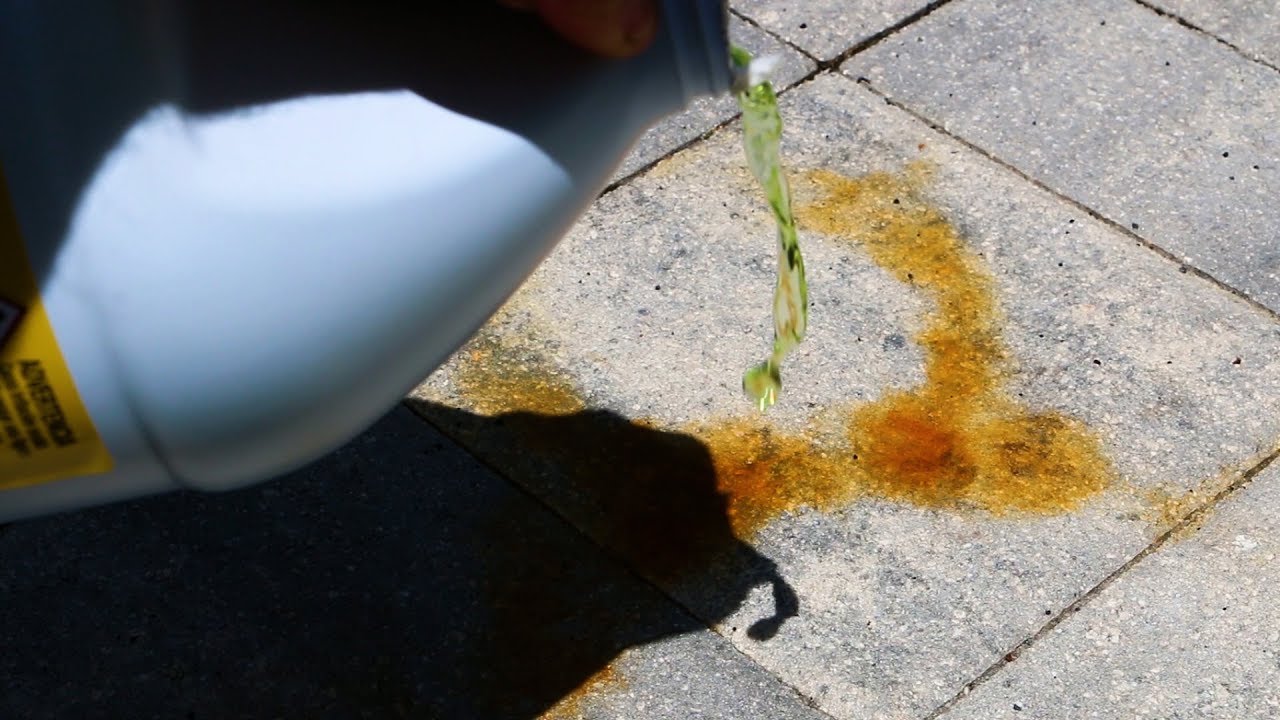
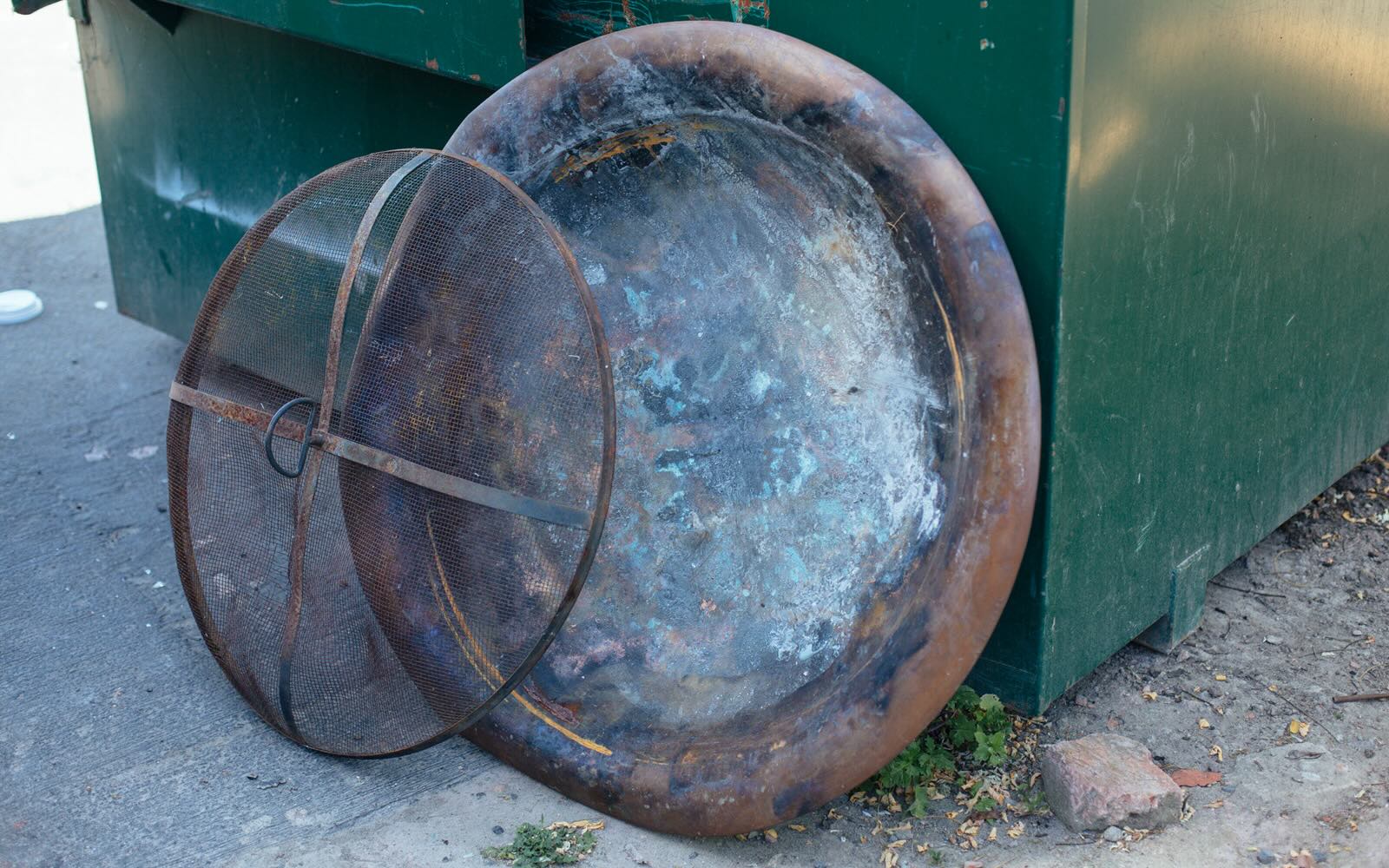
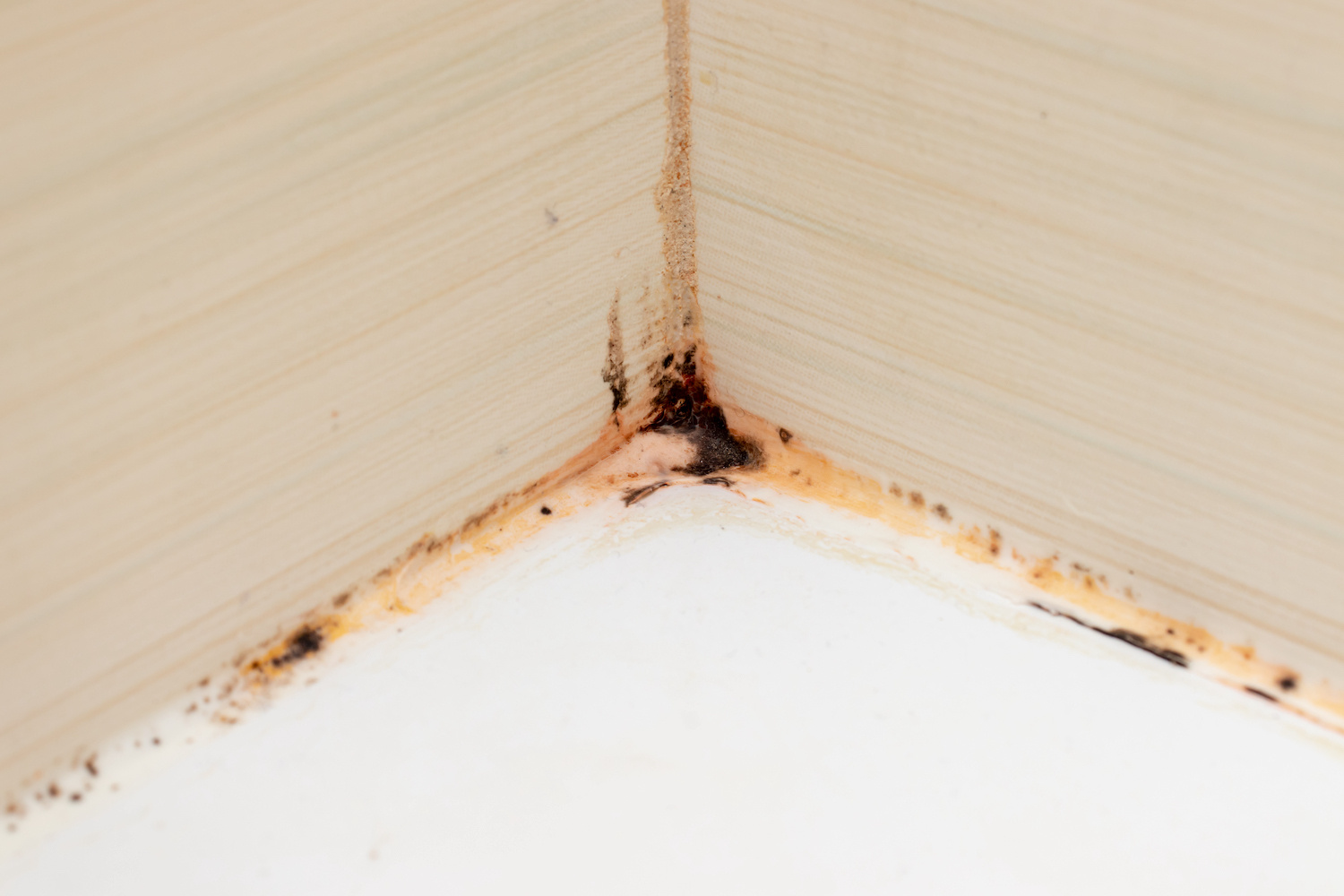
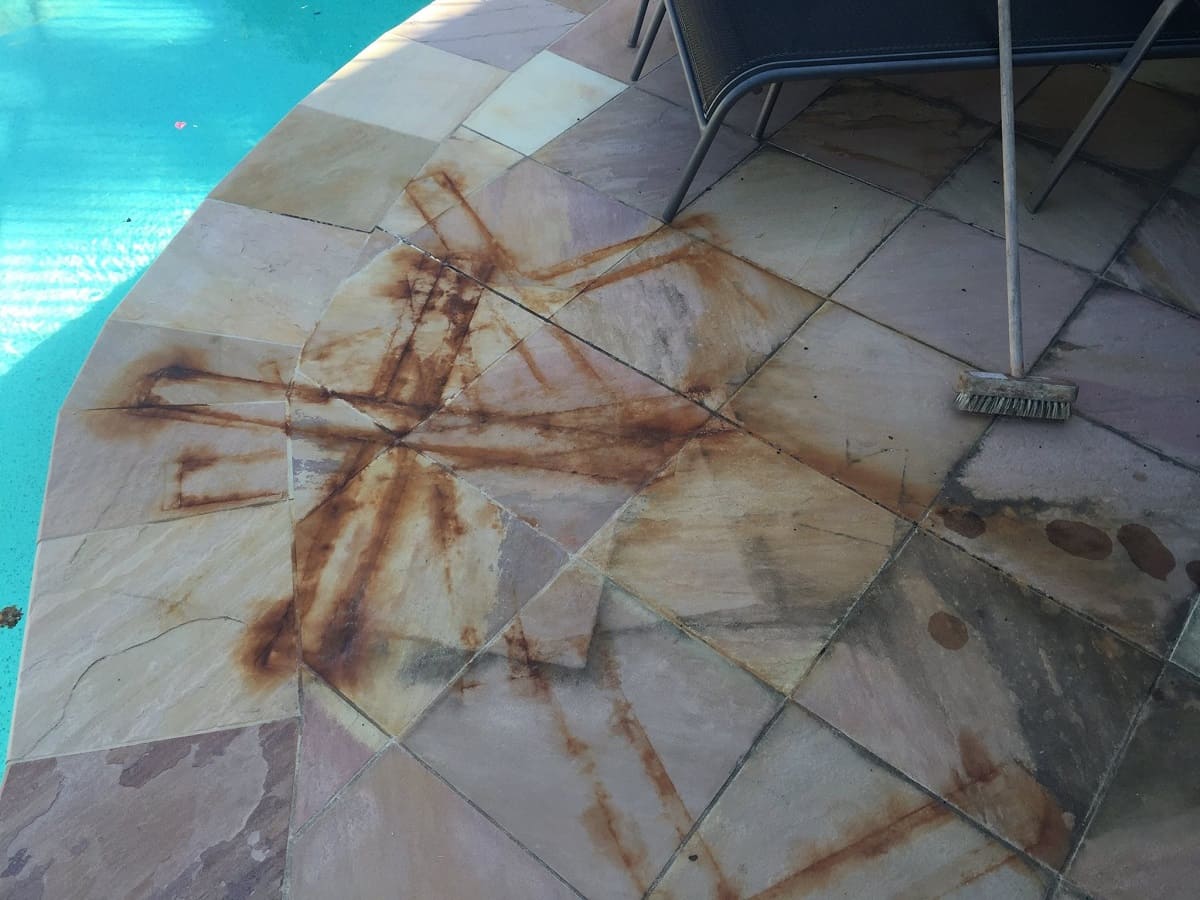
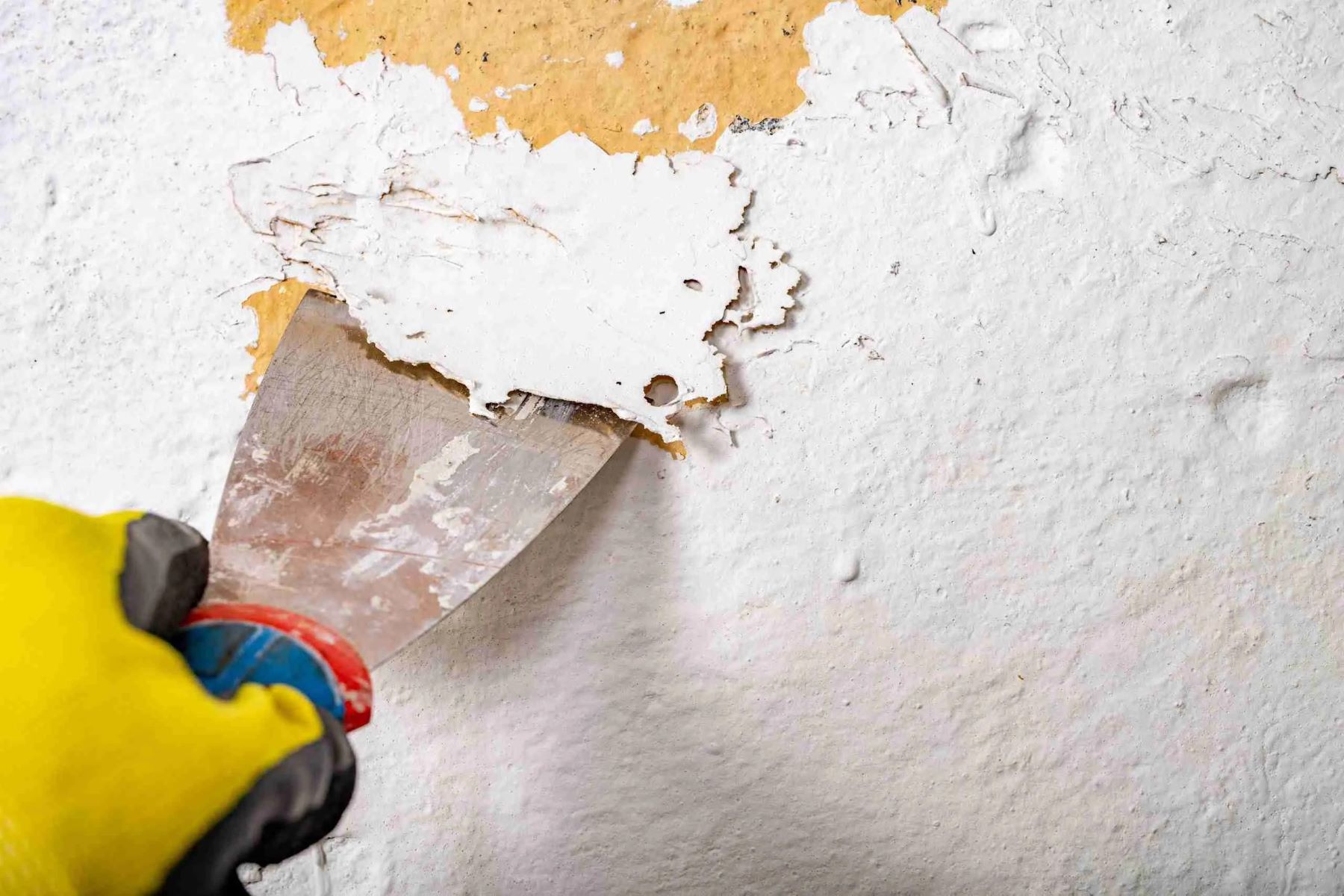
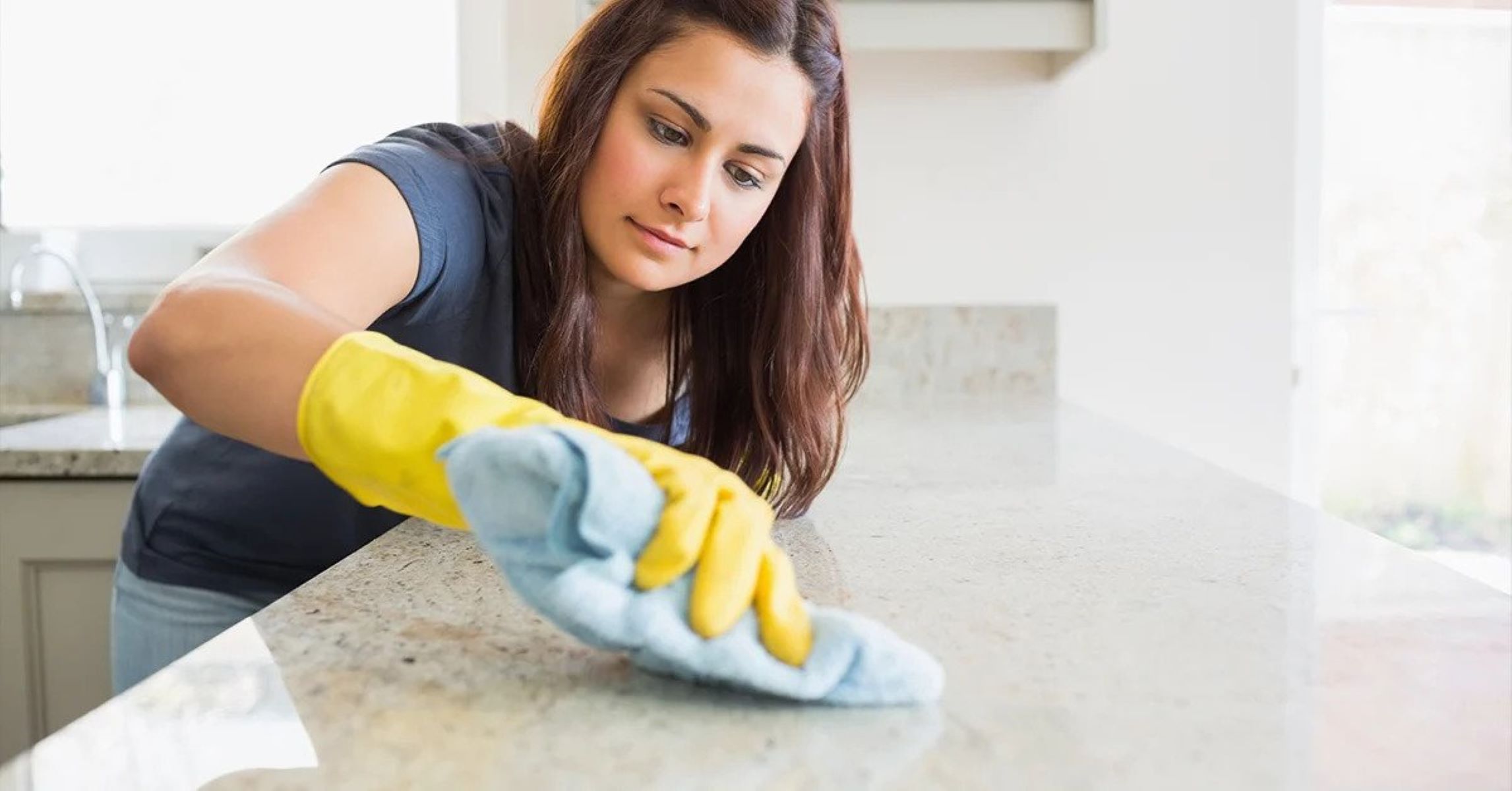
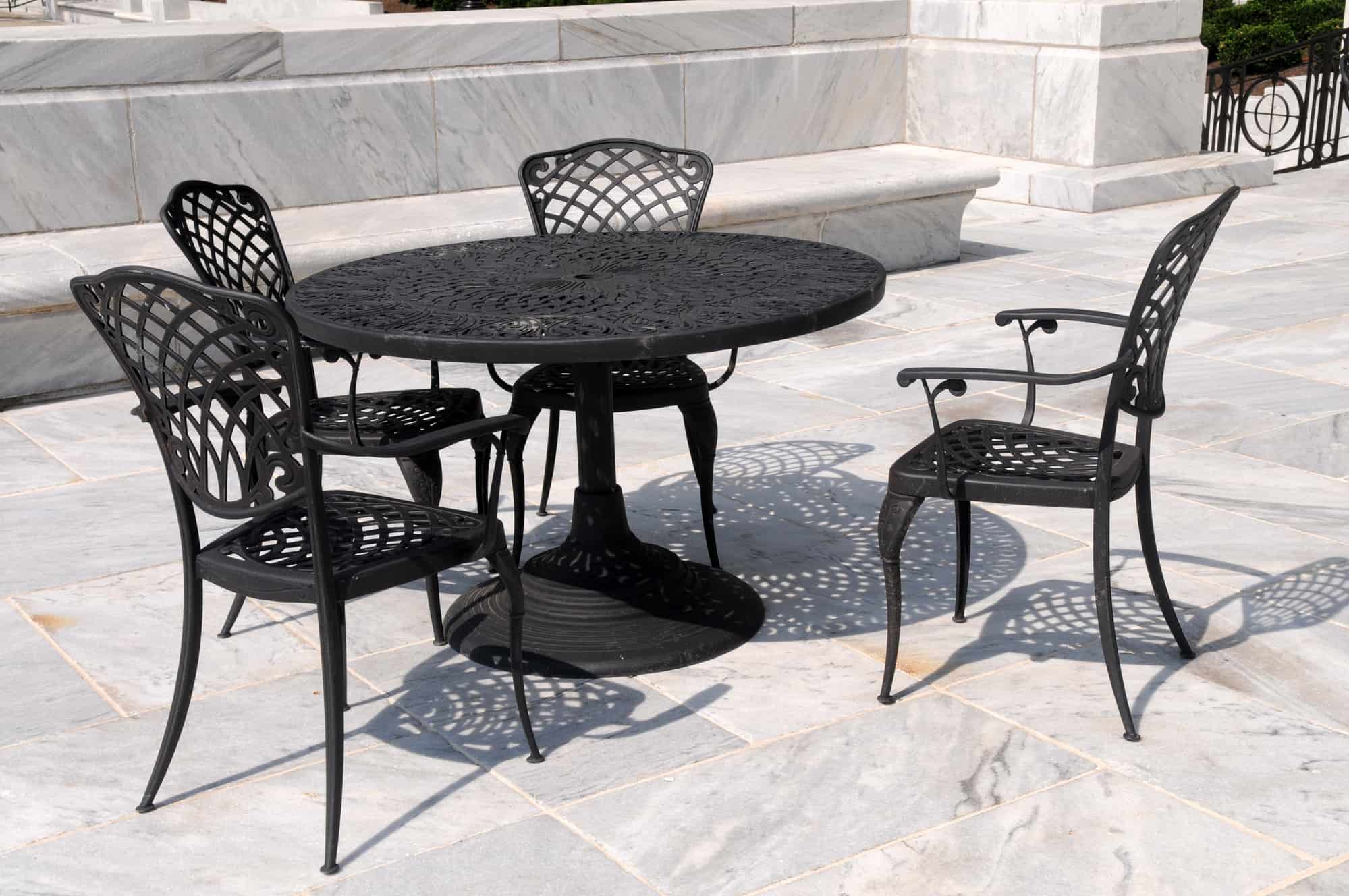
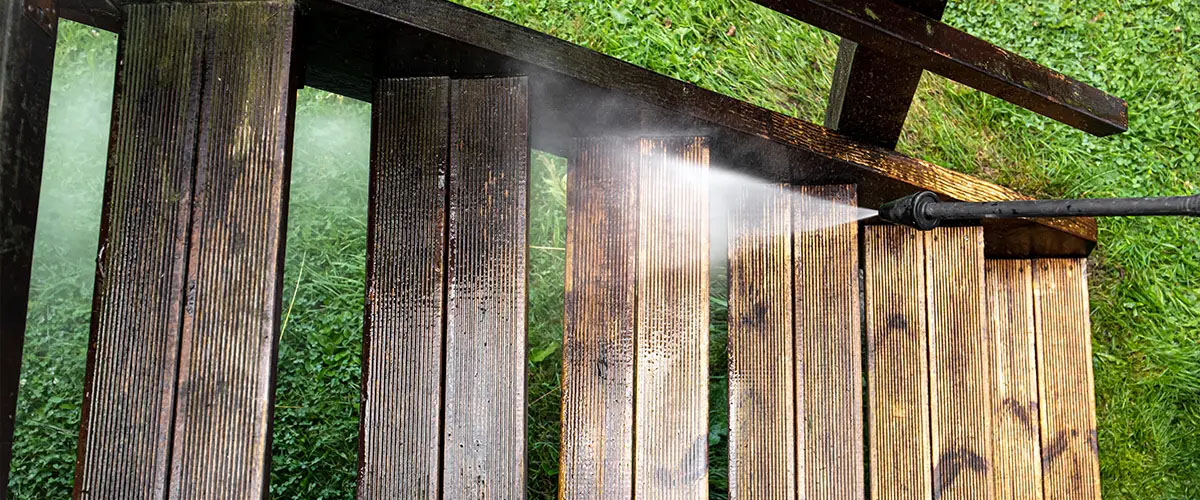
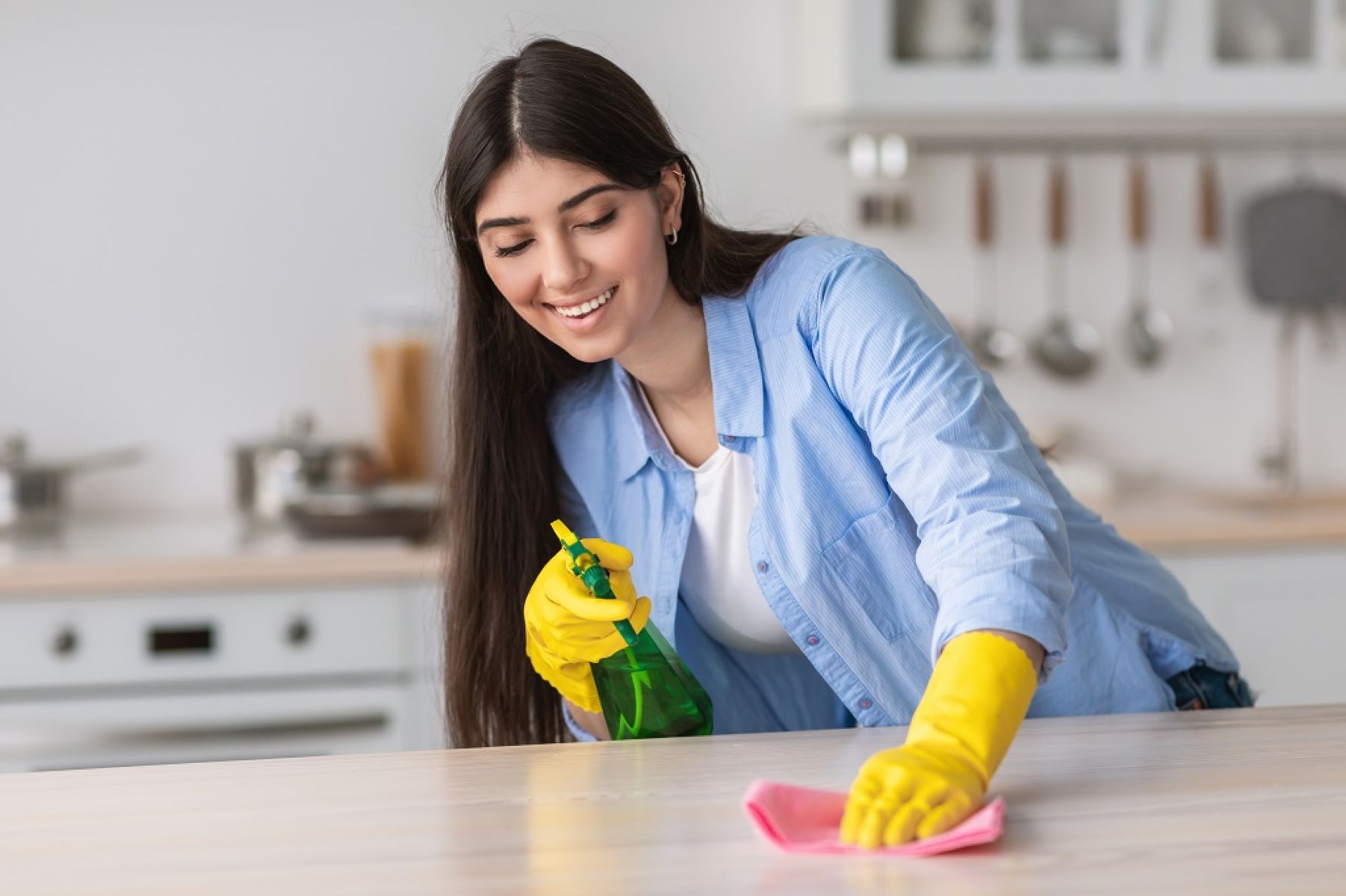

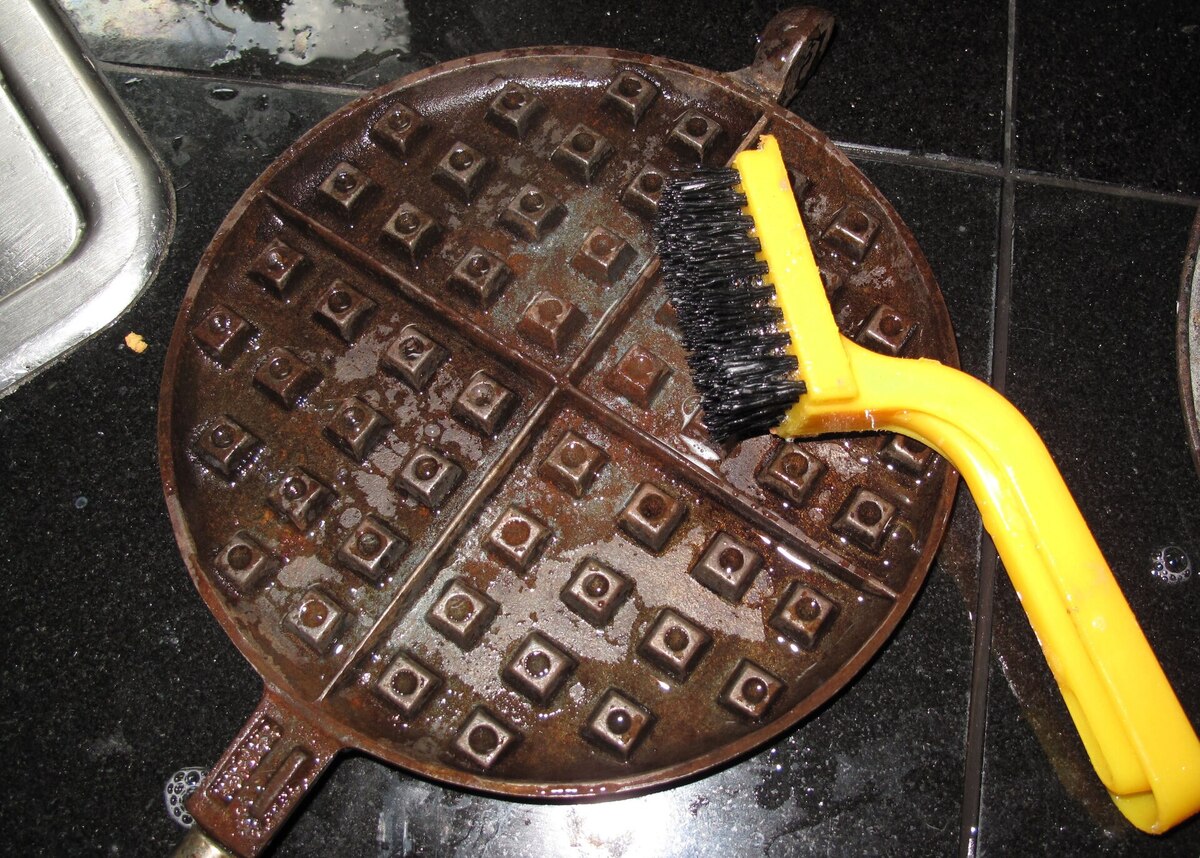
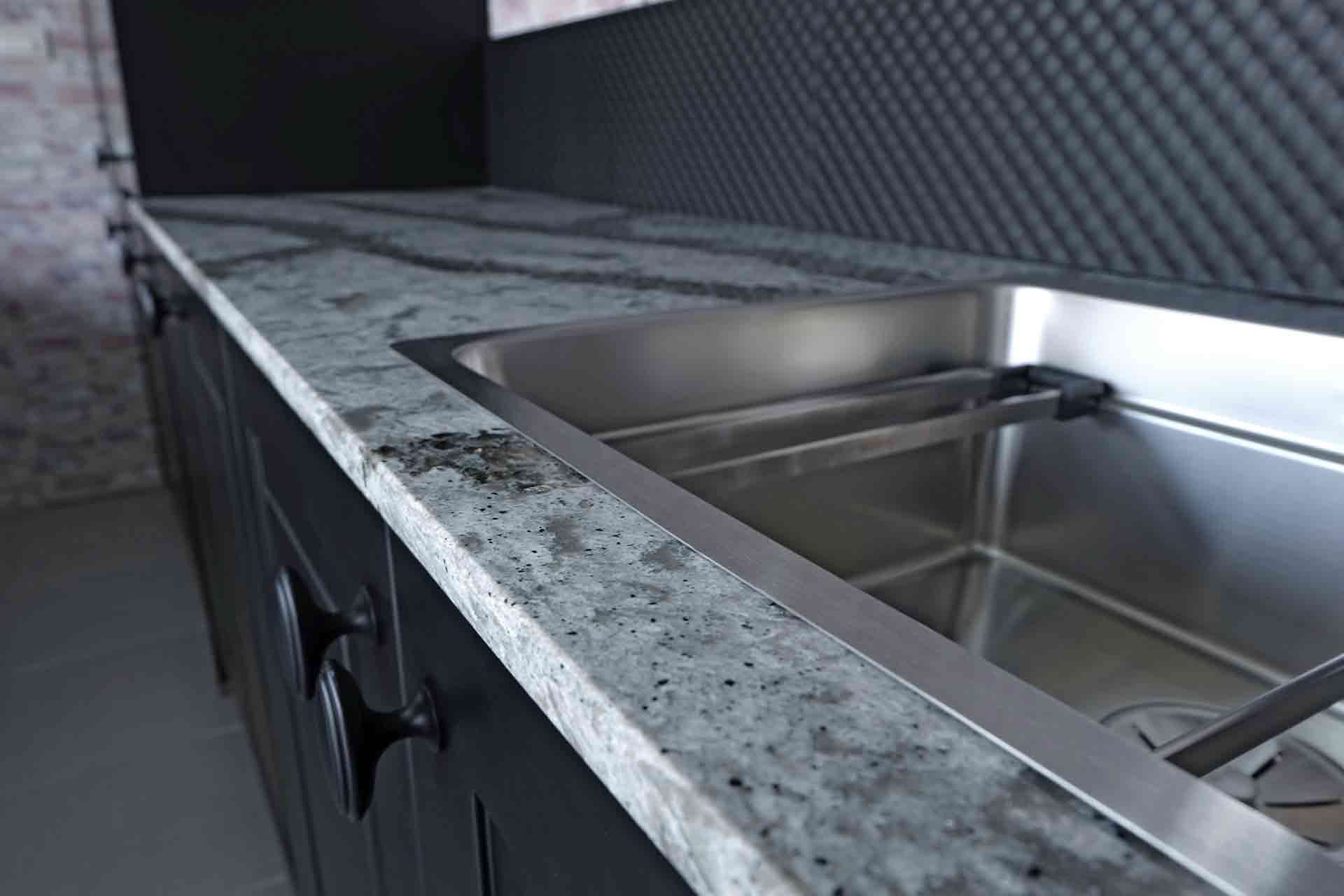
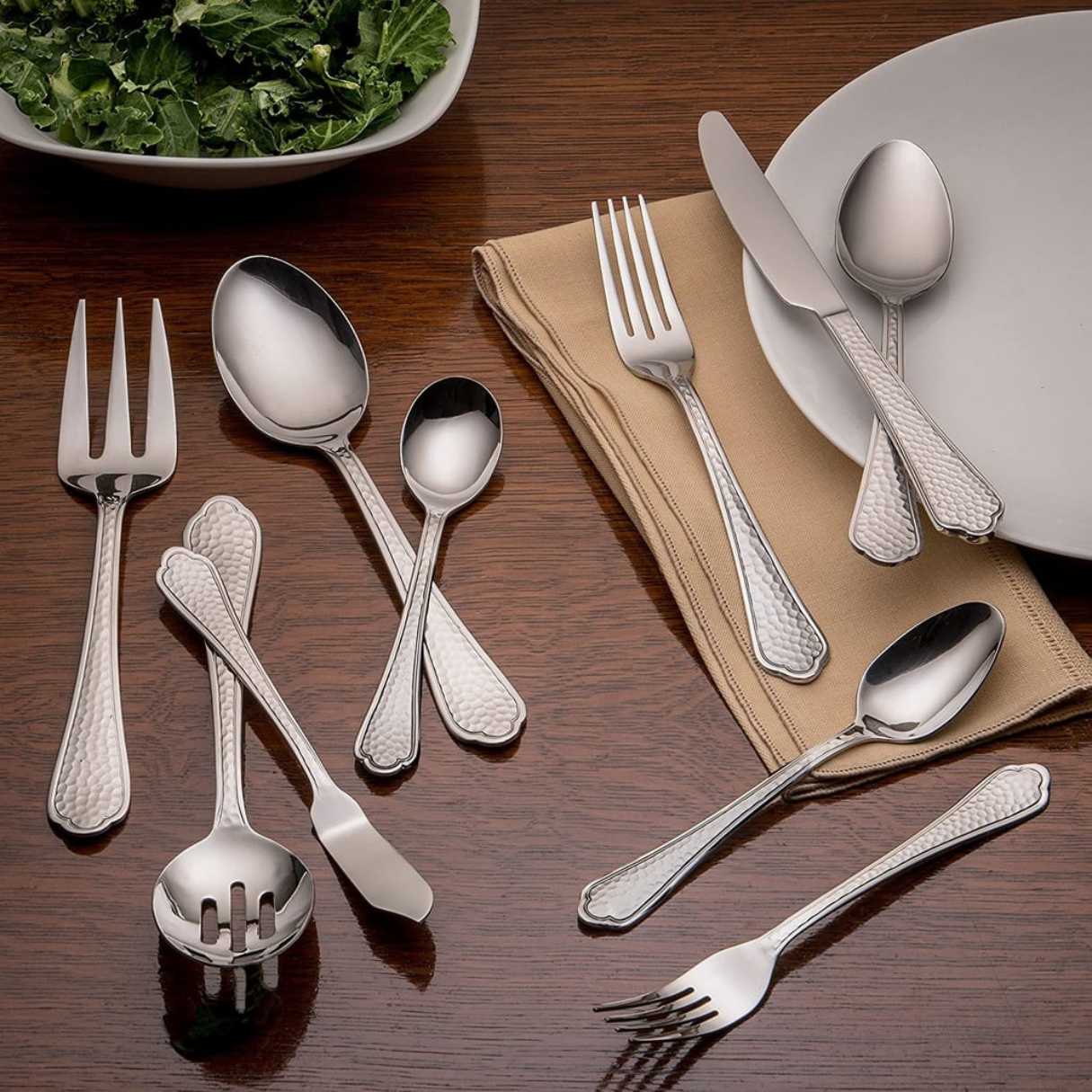
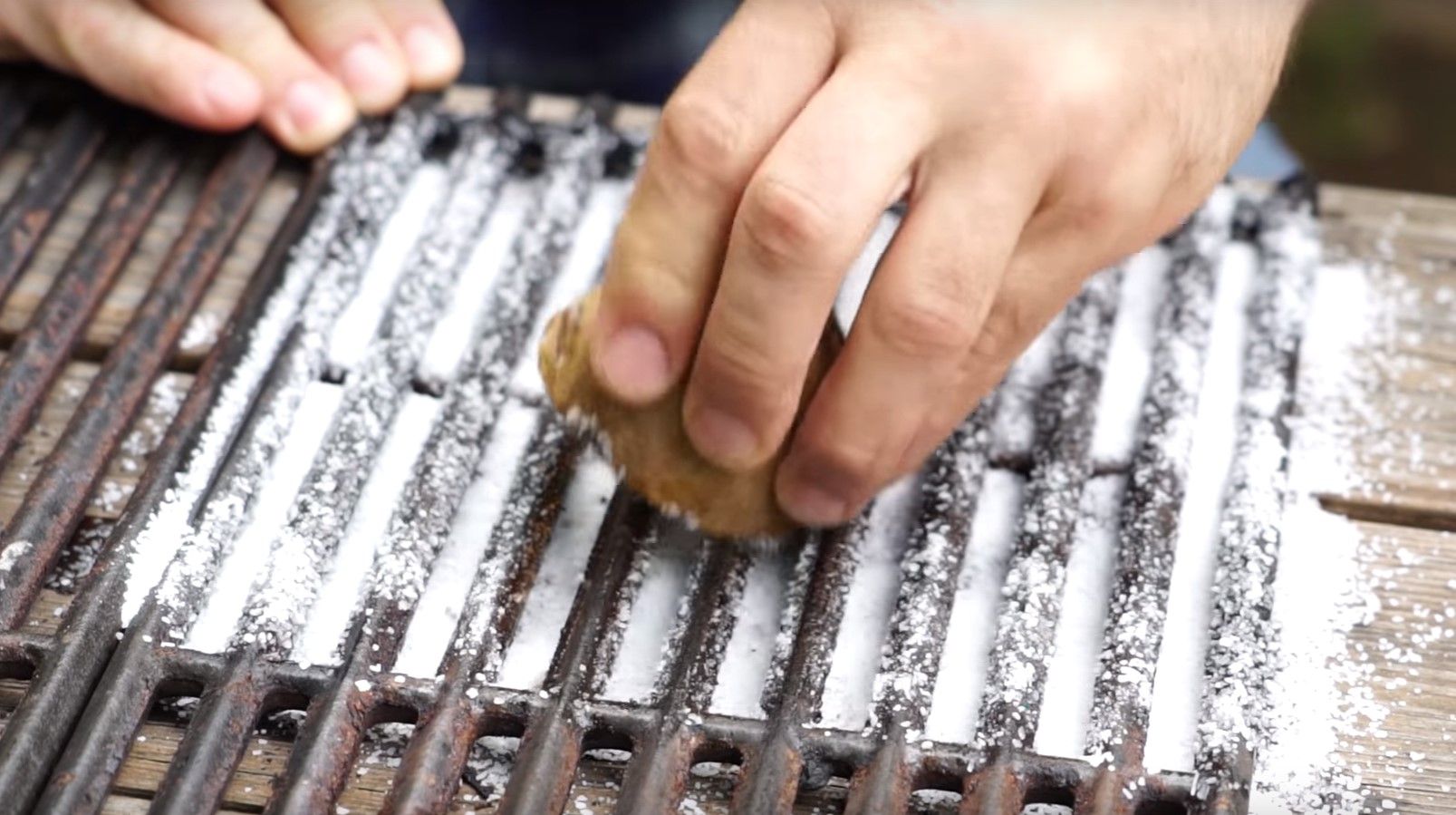

0 thoughts on “How To Get Rust Off Countertops”